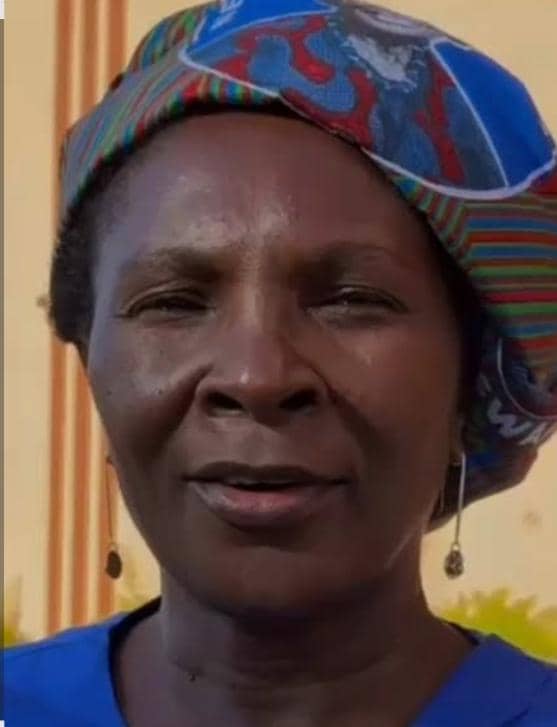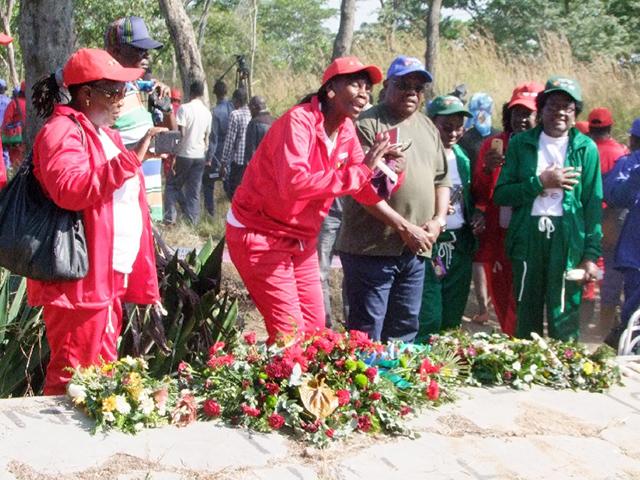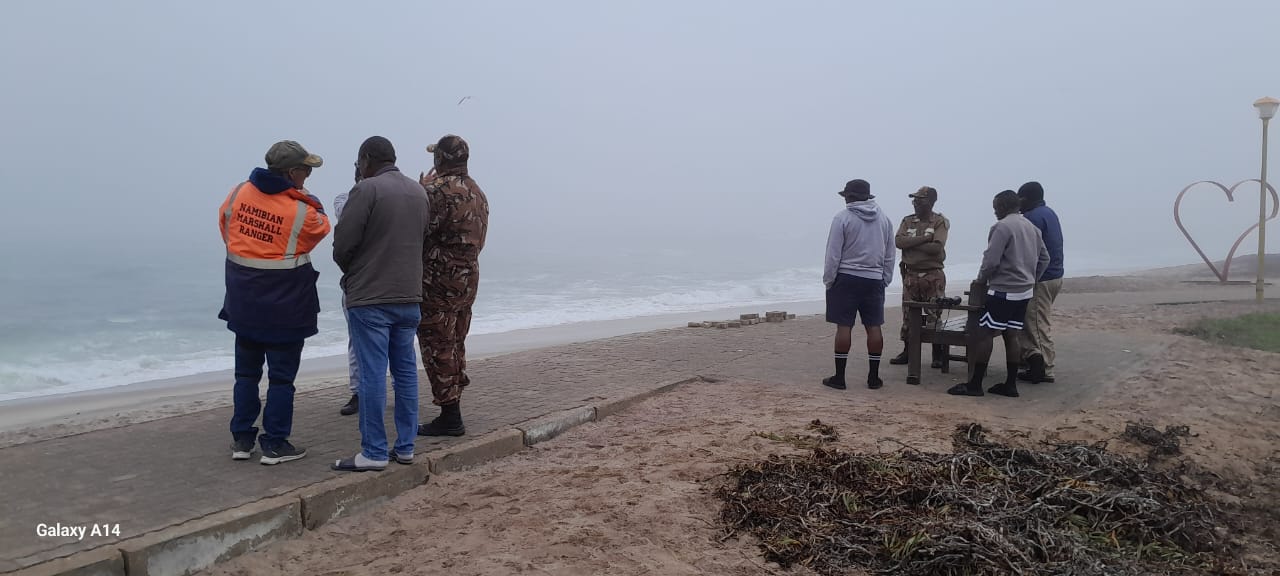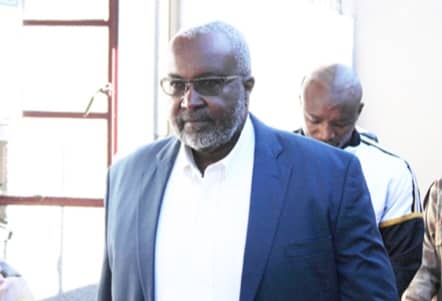KAMPALA – Rodrigo Rato promised to listen on his first trip to Africa as the new head of the International Monetary Fund (IMF), but what he had to say is what impressed African leaders.
The former Spanish finance minister, who took over as managing director of the global lender two months ago, told heads of State during the five-day trip to Nigeria, Gabon and Uganda that ended Friday he would implement changes to give African countries more say in the design of IMF loan programmes. His support for home-grown African reforms, more effective assistance and debt relief addressed criticism that the Washington-based IMF was out of touch with problems in Africa.”It is very refreshing to us,” Malawi’s leader, Bingu wa Mutharika, said in an interview Friday after talks with Rato.”It is what we have been saying all along.For us it is signalling that there is some winds of change at the IMF.”Nearly half of all IMF programmes focus on Africa, where poverty and attendant social ills outstrip development efforts for the more than 800 million people.During the trip that began in Nigeria, Rato made clear he wanted to be seen as an advocate for Africa rather than an agent for world powers in dealing with the troubled continent.”You can rest assured that the IMF will remain on your side, through continued policy advice, technical assistance, and, when appropriate, the provision of financial assistance,” Rato said in Libreville, Gabon.He also expressed the African view regarding global trade, saying rich countries could help by removing the tariffs and farm subsidies that throttle African trade.Such statements were praised by wa Mutharika, who is seeking a new IMF loan agreement intended to help his new government reach its growth target of six per cent next year.He said Rato wanted African countries, including his own, to increase their ownership of reforms by designing them through consultations with business, labour and civil society.”For once it feels like we are on a level playing field and that programmes will be supported by the IMF instead of imposed by the IMF,” said wa Mutharika, an economist who came to power in May.Rato’s itinerary included bilateral and regional meetings with presidents including Nigeria’s Olusegun Obusanjo, Uganda’s Yoweri Museveni, Kenya’s Mwai Kibaki and wa Mutharika.While promising Africans more say in designing their economic programmes, he also said sound macroeconomic policies were needed to help alleviate the poverty that dominates the continent.-Nampa-ReutersHis support for home-grown African reforms, more effective assistance and debt relief addressed criticism that the Washington-based IMF was out of touch with problems in Africa.”It is very refreshing to us,” Malawi’s leader, Bingu wa Mutharika, said in an interview Friday after talks with Rato.”It is what we have been saying all along.For us it is signalling that there is some winds of change at the IMF.”Nearly half of all IMF programmes focus on Africa, where poverty and attendant social ills outstrip development efforts for the more than 800 million people.During the trip that began in Nigeria, Rato made clear he wanted to be seen as an advocate for Africa rather than an agent for world powers in dealing with the troubled continent.”You can rest assured that the IMF will remain on your side, through continued policy advice, technical assistance, and, when appropriate, the provision of financial assistance,” Rato said in Libreville, Gabon.He also expressed the African view regarding global trade, saying rich countries could help by removing the tariffs and farm subsidies that throttle African trade.Such statements were praised by wa Mutharika, who is seeking a new IMF loan agreement intended to help his new government reach its growth target of six per cent next year.He said Rato wanted African countries, including his own, to increase their ownership of reforms by designing them through consultations with business, labour and civil society.”For once it feels like we are on a level playing field and that programmes will be supported by the IMF instead of imposed by the IMF,” said wa Mutharika, an economist who came to power in May.Rato’s itinerary included bilateral and regional meetings with presidents including Nigeria’s Olusegun Obusanjo, Uganda’s Yoweri Museveni, Kenya’s Mwai Kibaki and wa Mutharika.While promising Africans more say in designing their economic programmes, he also said sound macroeconomic policies were needed to help alleviate the poverty that dominates the continent.-Nampa-Reuters
Stay informed with The Namibian – your source for credible journalism. Get in-depth reporting and opinions for
only N$85 a month. Invest in journalism, invest in democracy –
Subscribe Now!










